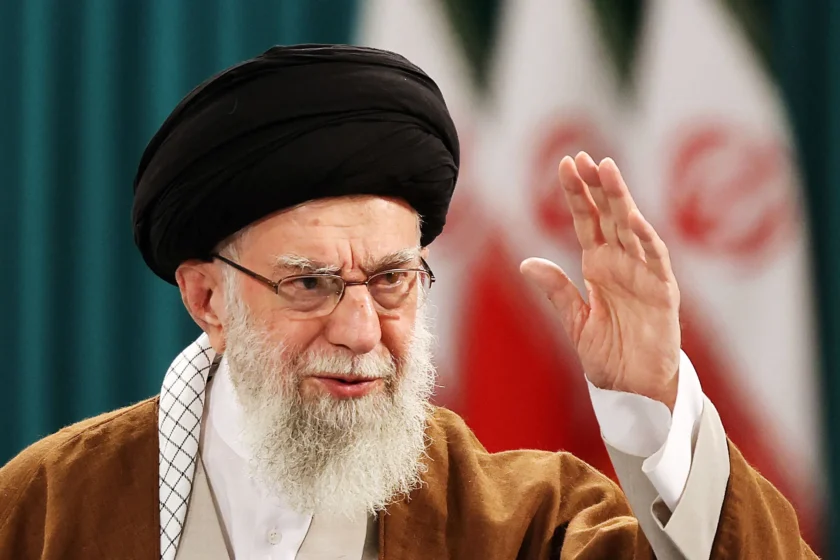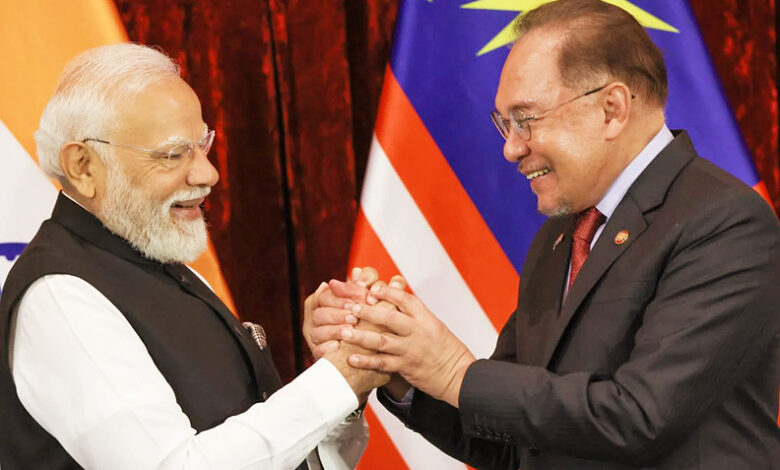Washington, D.C. — President Donald Trump’s decision to curb foreign assistance and dismantle key international agencies, such as the US Agency for International Development (USAID), has raised concerns among lawmakers and analysts. The move, viewed as an extension of his “America First” policy, could cede significant global influence to China, allowing Beijing to strengthen its international standing at the expense of American strategic interests.
The Role of US Foreign Aid as Soft Power
Historically, the United States has used foreign aid as a tool of “soft power” to maintain alliances, foster goodwill, and counter rival influences without resorting to military intervention. The decision to block funding for several international programs, including a $6.3 million grant from the State Department’s Office of Weapons Removal and Abatement, is seen as a strategic retreat that could allow China to expand its global footprint.
A case in point is Cambodia, where US aid cuts coincided with China donating $4.4 million for demining activities, positioning Beijing as a benefactor in the region.
Political and Strategic Reactions
National Security Adviser Mike Waltz defended the administration’s approach, stating on NBC’s Meet the Press that many foreign aid programs “are not in line with strategic US interests like pushing back on China.” However, critics argue that this withdrawal opens the door for Beijing to establish deeper economic and diplomatic ties worldwide.
Senator Andy Kim, a Democrat from New Jersey, warned that China is gaining influence without resistance. “China doesn’t even need to fight for their influence around the world now because of our own effort,” he said. Conversely, Republican Congressman John Moolenaar suggested the need for a new approach to foreign aid, stating that Congress must “find out what’s been working and what hasn’t been working.”
China’s Expanding Global Footprint
China’s Belt and Road Initiative (BRI) has been a cornerstone of its foreign policy, investing heavily in infrastructure and development projects worldwide. The Trump administration’s efforts to dissuade countries like Panama from engaging with the BRI have been met with resistance, as China continues to secure its presence in global markets.
China’s Embassy in Washington issued a statement asserting that Beijing is “willing to work with all countries and parties, including the US, to strengthen exchanges and cooperation in the field of development, so as to promote common development and prosperity.”
Comparing US and Chinese Foreign Aid Strategies
The US and China approach foreign aid in distinctly different ways:
- China: Primarily offers loans and investments focused on infrastructure and energy projects.
- United States: Provides grants or low-interest loans for humanitarian relief, public health, and governance initiatives.
China has been a dominant player in funding large-scale projects, such as the $1.3 billion Chancay megaport in Peru, inaugurated in 2023 in the presence of Chinese President Xi Jinping. Meanwhile, US aid in Peru has largely focused on agricultural programs aimed at replacing coca cultivation with cocoa and coffee farming.

According to AidData, a research lab at William & Mary University, China has spent $1.34 trillion on approximately 18,000 foreign development projects from 2000 to 2021, averaging $61 billion annually. In contrast, US foreign aid, including military assistance, amounted to $1.24 trillion between 2001 and 2023.
Impact on US Influence and Global Perception
The potential fallout from the US aid withdrawal extends beyond economic concerns. AidData’s policy research director, Samantha Custer, argues that such moves create doubt about America’s reliability as an economic and security partner.
“These countries are watching the US and how it engages with its partners and its workers, and they’re making determinations as to whether the US is a reliable economic and security partner,” Custer stated. “Increasingly, there are concerns that we are not.”
The shift away from soft power diplomacy also has direct consequences on organizations reliant on US funding. For instance, China Labor Watch, a New York-based organization monitoring labor conditions in China, lost 90% of its budget due to US funding cuts, forcing mass layoffs.
Geopolitical Implications
According to Salvador Santino Regilme, an international affairs expert at Leiden University, the broader implication of the US aid freeze signals a return to a militarized approach to diplomacy. “Soft power is being sidelined in favor of hard-power coercion,” he warned.
Despite these concerns, some analysts argue that China’s model of foreign aid, which prioritizes infrastructure over governance and human rights, may not fully replace the US-led global order. Dennis Wilder, a senior scholar at Georgetown University, cautioned against assuming that “China is ready or able to step in where the US may be leaving a vacuum.”
As the US reassesses its foreign aid policies, the world watches closely. With China aggressively expanding its global influence, America’s retreat from international development could redefine geopolitical dynamics for years to come. Whether this shift leads to a recalibration of US foreign policy or a prolonged decline in American global influence remains to be seen.









